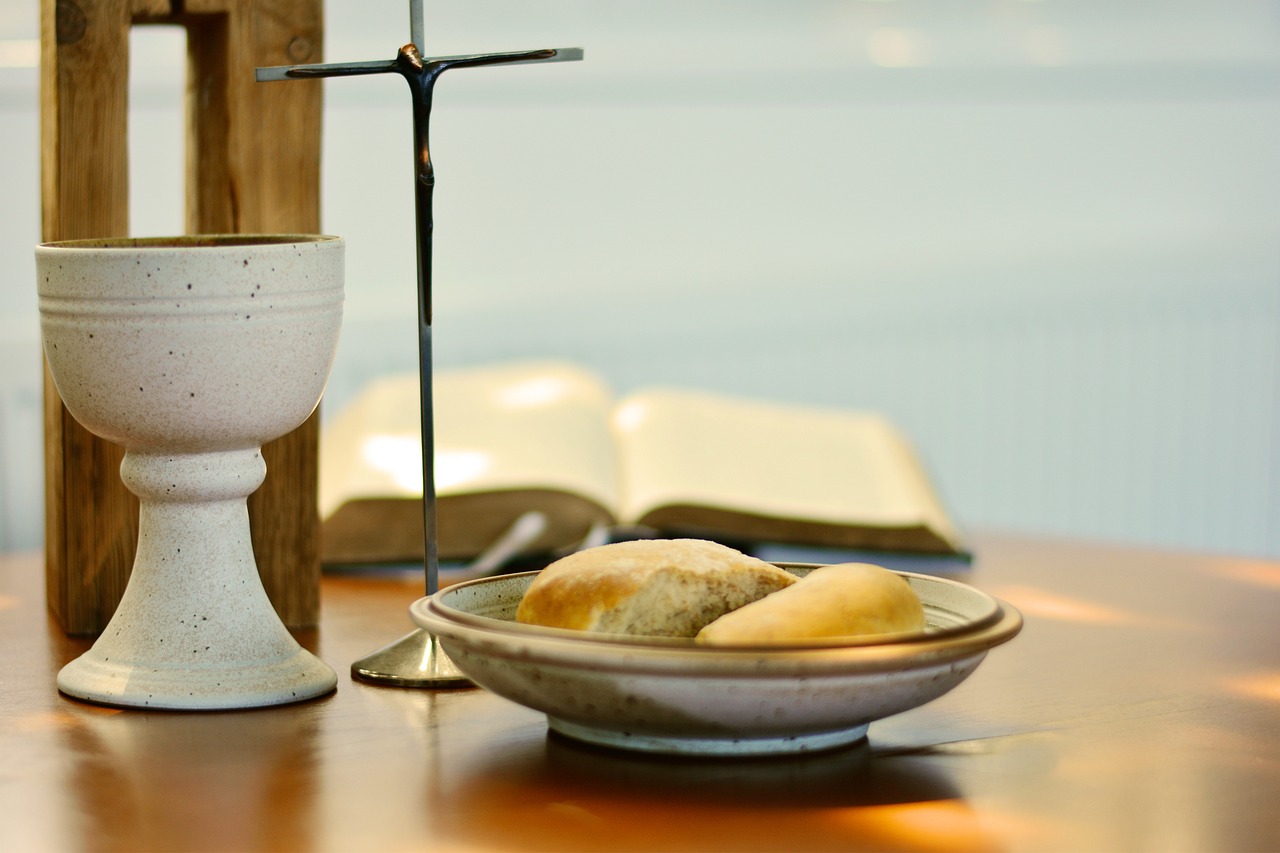Introduction
In a previous blog post, the author briefly presented the Maltese Synodal Path. It was noted how different particular churches have different needs to address. The consequence is that different themes might be drawn from each diocese. In this blog post the author attempts to compare synodal paths: the Maltese Synod with the German Synodal Path.
The Differences
Undoubtedly, there are several differences between the Maltese and the German Synodal Path. These differences are mainly due to the history and culture that diversifies both countries. Both of these are part of their national identity. The author chose to discuss four differences.
The Statutes and the Documents Issued
Firstly, it is commendable that the German Synodal Path issued its statutes. The legal perspective is not always given such importance in other countries. The Maltese Synodal Path seems to be following the canons in the 1983 Code that tackle the diocesan synod. It presumably updated the directory from the previous diocesan synod, which is still less detailed than that provided by the German Synodal Path.
Secondly, the German Synod issued the documents related to the synod during the process. Suppose the Maltese Synod follows the same method it did twenty years ago. In that case, it will most likely issue the documents after the synod is dissolved. The Maltese Synod published two documents during the process. However, there are yet no legal documents, to the author’s knowledge.
The Data Gathering and the Type of Issues Addressed
Thirdly, while the German Synod conducted surveys. It seemed very focused on data and numbers. The Maltese Synod instead focused on the types of answers received (this is an assumption from the previous synod). Fourthly, the German Synodal Path is probably mostly known for tackling issues and making suggestions to the Roman Pontiff which were not in its competence to do so (e.g. priest celibacy [Forum II], women’s ordination [Forum III], among others). On the other hand, the Maltese Synodal Path did not have this issue.
Is there a Problem as Such?
It can somewhat be understood why the German Synodal Path is considered damaging and dangerous to the unity of the Church. However, it is incorrect to say that the German Synod is entirely wrong. Comparing the Maltese and the German Synodal Paths, one can notice that both countries are discussing contemporary issues. The approaches are different. The Maltese Synod condemn the assassination of the Maltese journalist, the ill-treatment of migrant workers, and the abuse of the environment, to name a few.
It asks the Maltese people whether they are failing to be witnesses of the Gospel. The German Synod finds that, for instance, priest celibacy and the fact that women cannot be ordained are two imminent issues that require the attention of the Roman Pontiff. Although these issues are not within the competence of the synod, it does not mean it is not a concern to Germany.
Who needs Canon Lawyers?
Lastly, one can notice that the input of canon lawyers was minimal in both synodal paths. Giving the voice they deserve to canon lawyers based on their expertise, could perhaps have made the German Synodal Path less controversial. Moreover, the creation and publication of guidelines could have been created by the Maltese Synodal Path.
It is a pity that in a synodal church, the canon lawyers seem to have the least voice, or even worse, they seem almost completely forgotten. The author is curious to know how many renowned canon lawyers were consulted in the process To an extent, the Maltese Synod can be excused since the archbishop is himself a canon lawyer. However, how many archdioceses and dioceses have canon lawyers as archbishops or bishops that know precisely what they are doing and who can guarantee no significant mistakes in the process?
Conclusion
One must remember that the history and culture of each country matter. Comparing the two synodal paths is not necessarily a very wise thing to do. On the other hand, every country always has something to learn from another country. Perhaps Germany ought to learn to be less legalistic, to be more hands-on, and perhaps to alter the approach. On the other hand, Malta needs to learn to think outside of the box and to be more critical. The author also goes further to suggest that perhaps Pope Francis was able to address his view on synodality in a way that some countries could not receive because the reality they face is different.
Source
L-Arċidjoċesi ta’ Malta, One Church, One Journey A Process of Ecclesial Renewal 2020‑2024, Mrieħel, Progress Print, 2022, 72.


0 Comments